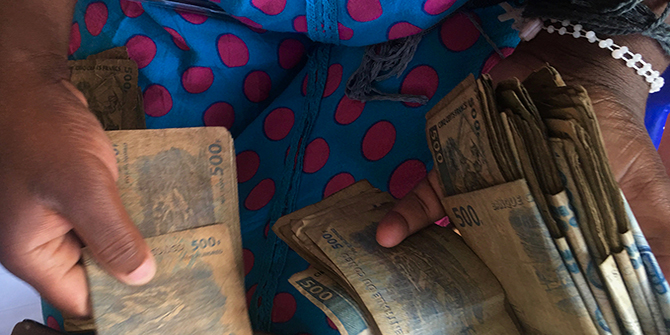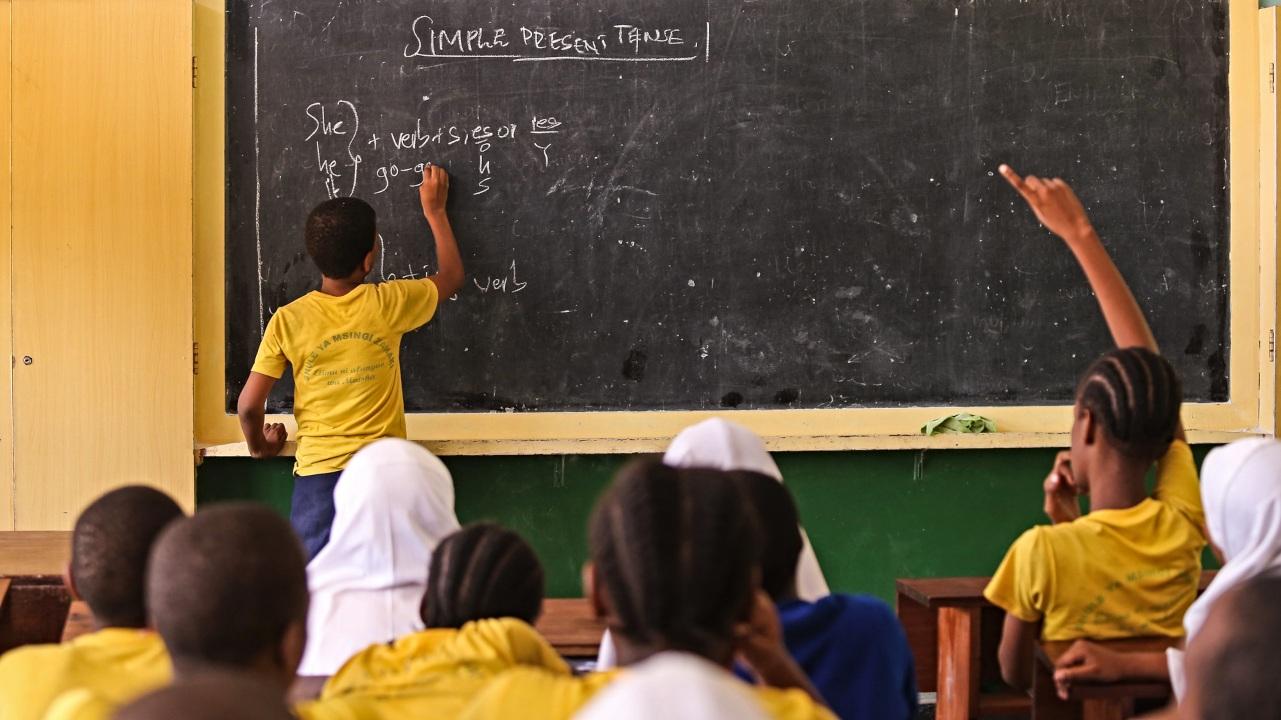Judith Verweijen examines the impact of patronage networks on military cohesion within the Armed Forces of the Democratic Republic of Congo (FARDC).
This article is part of the #PublicAuthority blog series, part of the ESRC-funded Centre for Public Authority and International Development.
Military cohesion is increasingly recognised as crucial for shaping the behaviour of state and insurgent forces. Cohesion primarily refers to bonding between combatants as well as between subordinates and commanders. It relates to relations both in small-scale fighting units (eg squad) and secondary combat groups (eg battalion). But cohesion is sometimes also used to describe military personnel’s feelings of connectedness with the military organisation at large and the relative integration of its various components.
Why is cohesion important? Bonding between military personnel deeply influences combat performance and norm enforcement. As such, it is an important explanatory factor in violence against civilians. By establishing mutual trust and loyalty, cohesion facilitates respect for group norms. Whether this translates into good or bad behaviour towards civilians, however, depends on the content of those norms. Thus, cohesion is a double-edged sword.
Most theories on military cohesion were developed in relation to Western government forces. To what extent are these theories then applicable to armies in different contexts with different characteristics? I tried to answer this question for the Armed Forces of the Democratic Republic of the Congo (FARDC), among which I conducted long-term ethnographic field research. As I explain in recently published work, while many assumptions on cohesion apply to the FARDC, they do not account for one factor that is particularly important: patronage networks.

Within the FARDC, formal command chains intersect and overlap with ties of personal loyalty between patrons and clients. Yet personnel within one and the same unit are generally part of different patronage networks, and some patrons are more powerful than others. As a result, their clients are better off than colleagues in the same unit. An important reason for this is that within the FARDC, many dimensions of service–like assigned positions, access to transport and leave, the distribution of rewards and punishment– are subject to negotiations. Formal rules and regulations exist, but are often not applied. As one army officer said: “I would no longer call this an army, everything is negotiable.”
Obviously, the outcome of negotiations is influenced by power relations; and the more influential one’s patron, the better one’s negotiating position. The result is substantial inequalities in status and wealth. Even more pronounced differences exist between commanders and subordinates. Most FARDC soldiers contacted complained about their commanders, describing how they were merely filling their own pockets without caring for the wellbeing of their troops. As a lieutenant said: “The wife of the deputy commander lives next to the wife of the colonel, because she has nothing to eat. And when he, who has a big house, gives orders, do you think that he who has nothing is going to obey? ( . . . ) The distances between the high-ranking and the low-ranking are simply too big”.
Complaints about superiors were even more pronounced when the latter were connected to patronage networks with a salient identity-dimension, in particular identities seen as “suspect”. This often concerned ex-rebels integrated into the army and/or Rwandophones (speakers of Kinyarwanda language). In such cases, military personnel did not ascribe differences in treatment and status to patronage politics, but saw them primarily through the lens of identity. In this manner, conflict narratives that are found in Congolese society as a whole, like divisions between “Rwandophones” and self-styled “autochthon” groups, are reproduced within the army.
These divisions may undermine the effects of processes that are theorised to foster cohesion, such as jointly committing abuses against civilians. Where soldiers distrust each other and are part of different patronage networks, jointly engaging in abuses may lead to increased frictions, for instance over the division of booty, rather than increased bonding. As my research shows, disputes may also emerge around punishment: soldiers with important patrons are often exonerated in the wake of abuses, with the blame uniquely attributed to those with lesser connections. Obviously, such unequal treatment undermines cohesion. A soldier put it as follows: “you have those here who are untouchables….they behave badly but they are never punished. But, we, if we do something wrong, we go directly to jail.”
While there is thus strong evidence that patronage networks influence military cohesion, we should be careful in generalising how this occurs. Cohesion is shaped by many different interacting factors. As a result, the effects of patronage networks on cohesion formation may very well differ from one army to the next. They may for instance be much more pronounced when intersecting with rebel-military integration or significant military-economic activity–characteristics not found in every army. Therefore, the effects of patronage networks on military cohesion can never be merely assumed, but must always be carefully empirically studied.
Read more about #PublicAuthority and visit our website.
Judith Verweijen (@judithverweijen) is an FWO Postdoctoral Research Fellow based at the Conflict Research Group at Ghent University in Belgium. Her work is situated at the intersection of conflict studies, critical military studies and political ecology, and explores militarization, conflict dynamics, and violence in areas of protracted violent conflict. She focuses on eastern DRC, where she has conducted intermittent fieldwork since 2010, in particular in the Kivu provinces.
The views expressed in this post are those of the author and in no way reflect those of the Africa at LSE blog, the Firoz Lalji Centre for Africa or the London School of Economics and Political Science.





